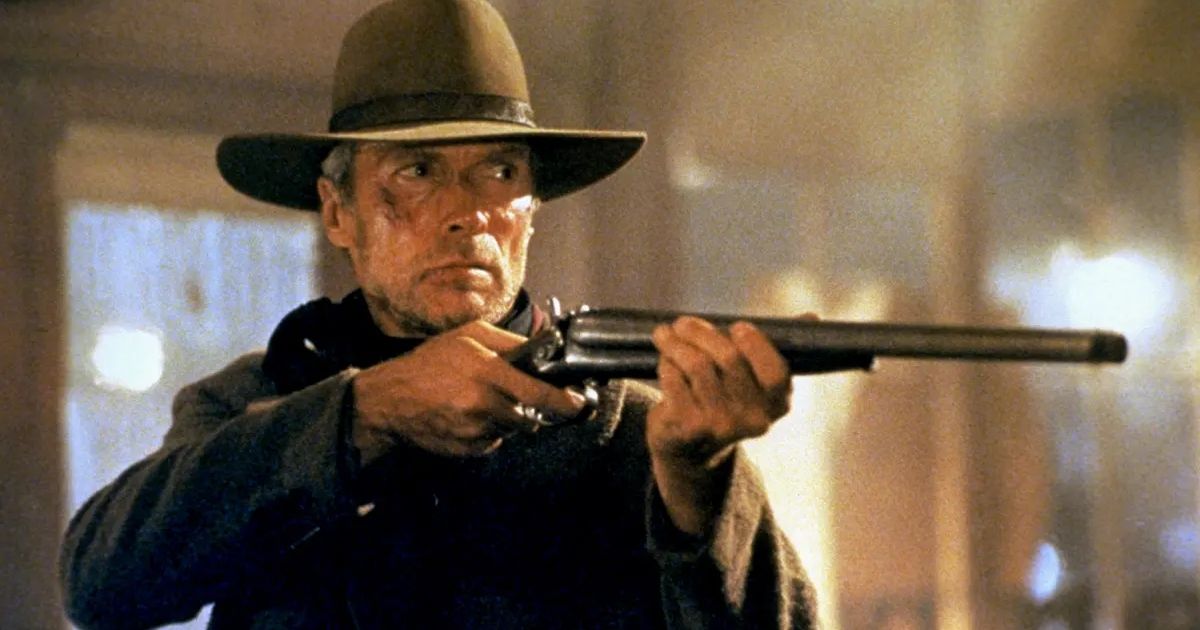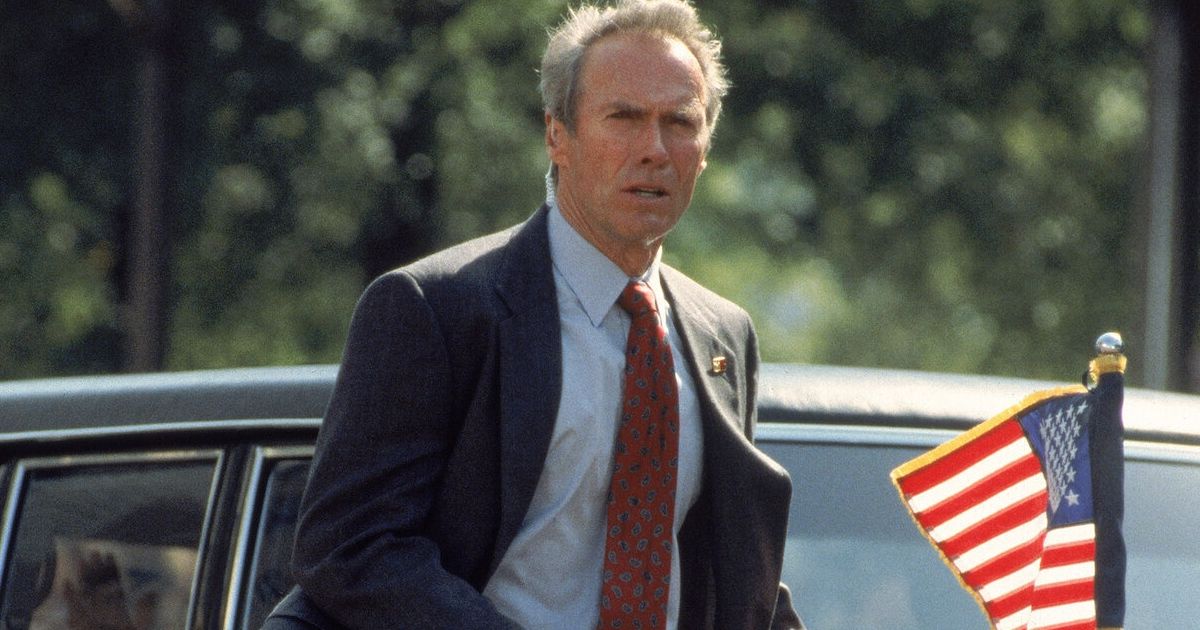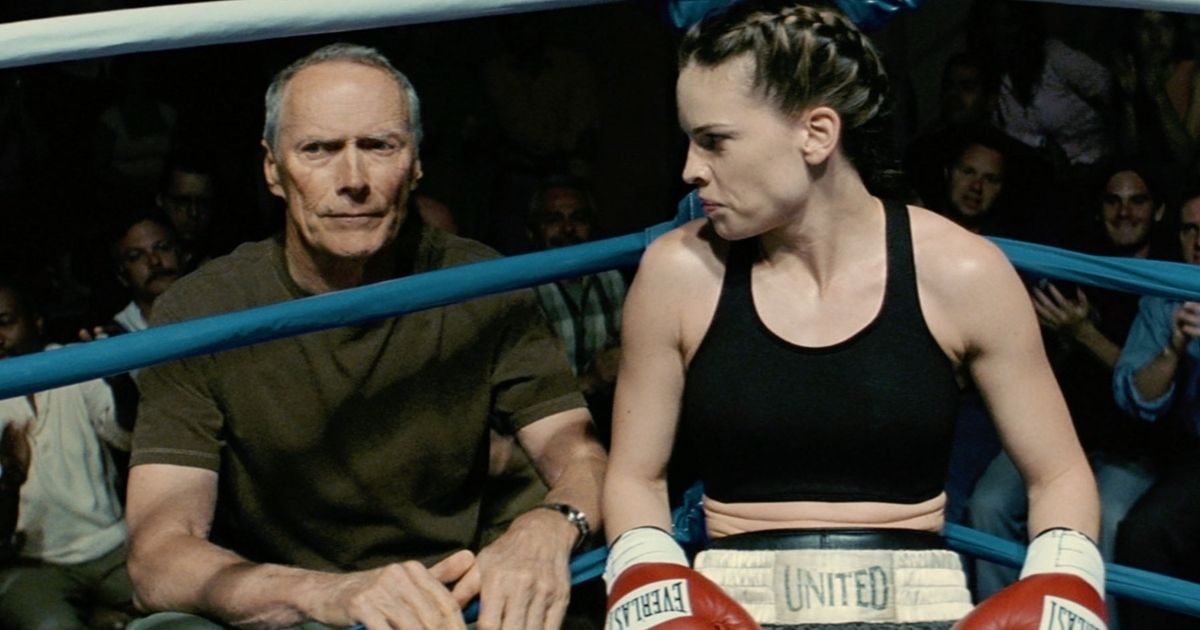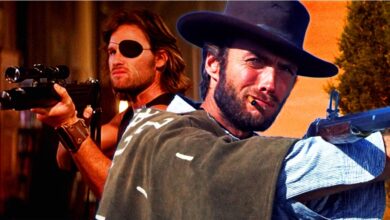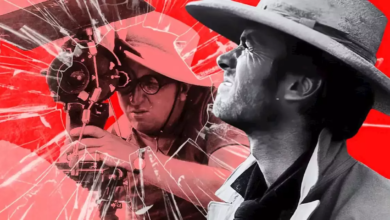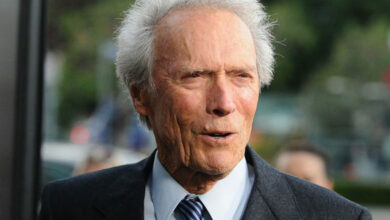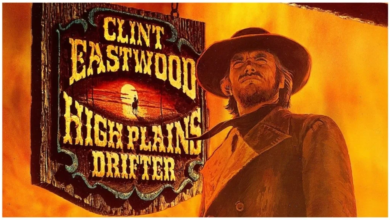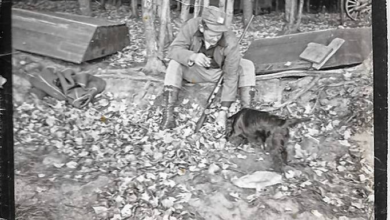How Clint Eastwood Should (And Will) Be Remembered as a Filmmaker
Clint Eastwood transcended superstardom to become one of the greatest American filmmakers in history.
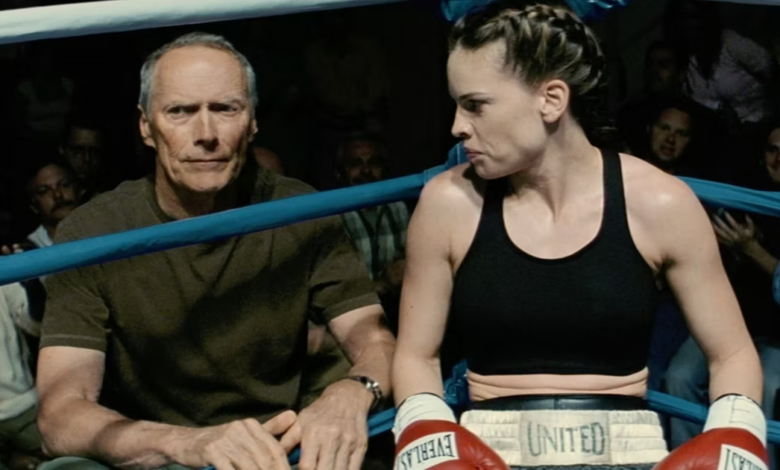
Clint Eastwood’s legacy as an actor and a director has been so completely transformed over the past thirty years that this renaissance period, in which Eastwood has won four Academy Awards as a director and producer, has somewhat overshadowed the legendary screen career that preceded it.
Indeed, as Eastwood’s performances in the Dirty Harry film series and Sergio Leone’s Dollars Trilogy film series unquestionably brought Eastwood enduring immortality, Eastwood has, over the past thirty years, established himself as one of the greatest filmmakers in history, even as Eastwood, once the biggest film star in the world, has increasingly stopped acting over the past fifteen years.
Moreover, as the now ninety-three-year-old Eastwood is set to possibly end his approximately sixty-five-year Hollywood career with the upcoming Eastwood-directed thriller film Juror No. 2, it now seems apparent that, while Eastwood’s screen persona was defined long ago, Eastwood’s already formidable reputation as a filmmaker will only become enhanced over the next thirty years, in terms of how Eastwood is remembered.
The Forgotten Comeback
The renaissance that Clint Eastwood’s career has experienced over the past thirty years, beginning with the 1992 Oscar-winning Western film Unforgiven, has been so transformative that most people have either completely forgotten or are unaware that Unforgiven was preceded by a stark downturn in Eastwood’s career.
Indeed, while the theme of redemption runs throughout the Eastwood-directed Unforgiven, in which Eastwood plays aging former killer and outlaw William Munny, the film had an indescribably redemptive effect on Eastwood’s career, which had, prior to the release of Unforgiven, been in an extended slump, following the commercial and critical failures of the 1989 action comedy film Pink Cadillac and the 1990 Eastwood-directed action thriller film The Rookie.
Moreover, Pink Cadillac and The Rookie suggested that Eastwood, who was sixty when The Rookie was released, had simply forgotten how to create popular entertainment, both as director and star, while the 1988 Eastwood-directed biographical musical drama film Bird and the 1990 Eastwood-directed adventure drama White Hunter Black Heart received generally positive reviews, both were commercial failures.
Eastwood described Unforgiven, which brought him an Academy Award for Best Director and Best Picture, as being the cinematic equivalent of the healing water of Lourdes, as by returning to the Western genre that initially launched his career, Eastwood simultaneously galvanized his waning core audience and a younger generation that had dismissed him as a relic while also paying tribute to filmmaking mentors Sergio Leone and Don Siegel.
One for Clint, One for Hollywood
Prior to Unforgiven, Clint Eastwood, who made his feature directorial debut with the 1971 psychological thriller film Play Misty for Me, had established himself as an adventurous and underrated filmmaker who, over the course of two decades, hedged ambitious, offbeat films against commercially safer genre product.
Accordingly, throughout much of the 1970s and 1980s, Eastwood, as director and star, alternated between commercial and personal films, with mixed commercial and critical results, as Eastwood, the director, moved from Play Misty for Me and the 1973 Western film High Plains Drifter to the obscure 1973 May-September romantic drama film Breezy, from The Eiger Sanction to The Outlaw Josey Wales, The Gauntlet to Bronco Billy, and Firefox to Honkytonk Man.
However, the keen commercial calculation that defined Eastwood’s career between Play Misty for Me and Unforgiven has, over the past thirty years, seemingly disappeared, as virtually all the films that Eastwood has directed over the past thirty years have been passion projects, and while several of these films, like American Sniper, Million Dollar Baby, and Mystic River, have been commercially successful, their commercial success owed to the acclaim that these Oscar-nominated films received, not the gimmickry that accompanied many of Eastwood’s commercially successful films from the 1970s and 1980s.
Moreover, as Martin Scorsese and Steven Spielberg, in their seventies, have devoted much of the past decade to exploring new concepts and themes within their films, Eastwood has been similarly adventurous over a much longer period of time and indeed has, over the past thirty years, seemingly directed every film as if it would be his last.
Clint Eastwood: The Ultimate Actor’s Director
While all the films that Clint Eastwood has directed over the past thirty years have been made with solid but unspectacular skillfulness, befitting Eastwood’s own famously casual manner and frugal principles, with the possible exception of the 1995 romantic drama film The Bridges of Madison County, specifically with the scene in which Meryl Streep’s Francesca achingly reaches for a passenger car door handle, Eastwood’s films are primarily identifiable not by a single enduring image or an overarching distinctive visual style but rather because of Eastwood’s delicate, subtle attention to character and performance and tone.
Moreover, Eastwood’s hallmark as a director is his perhaps unsurpassed ability to get great performances from talented performers, as evidenced by Gene Hackman, who won an Oscar for his performance in Unforgiven, along with Streep, who received an Oscar nomination for The Bridges of Madison County, Sean Penn and Tim Robbins, who won Oscars for Mystic River, and Hilary Swank, who won an Oscar for the 2004 sports drama film Million Dollar Baby, for which Eastwood won his third and fourth Oscars, for Best Director and Best Picture.
Indeed, it is the unmatched collection of brilliant performances that Eastwood has assembled in his films, combined with the directness and simplicity of Eastwood’s approach to directing, that both forms the basis of Eastwood’s imprimatur as a filmmaker and clearly establishes Eastwood as being one of the greatest American filmmakers in history, alongside John Ford, Stanley Kubrick, Martin Scorsese, and Steven Spielberg,


